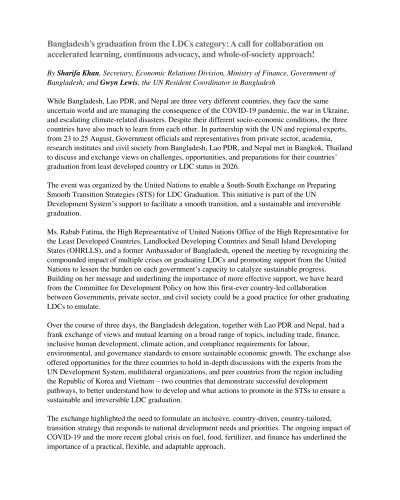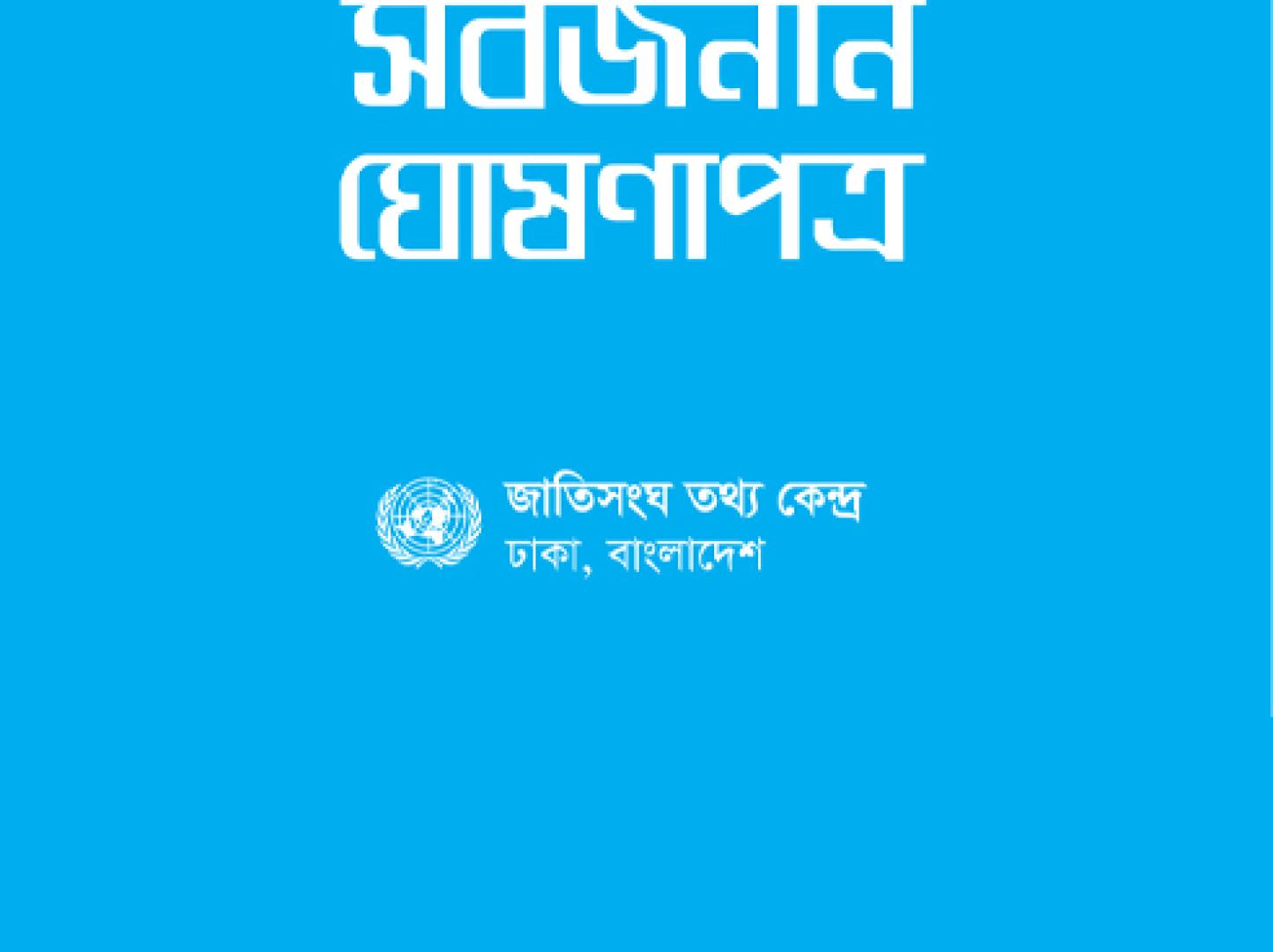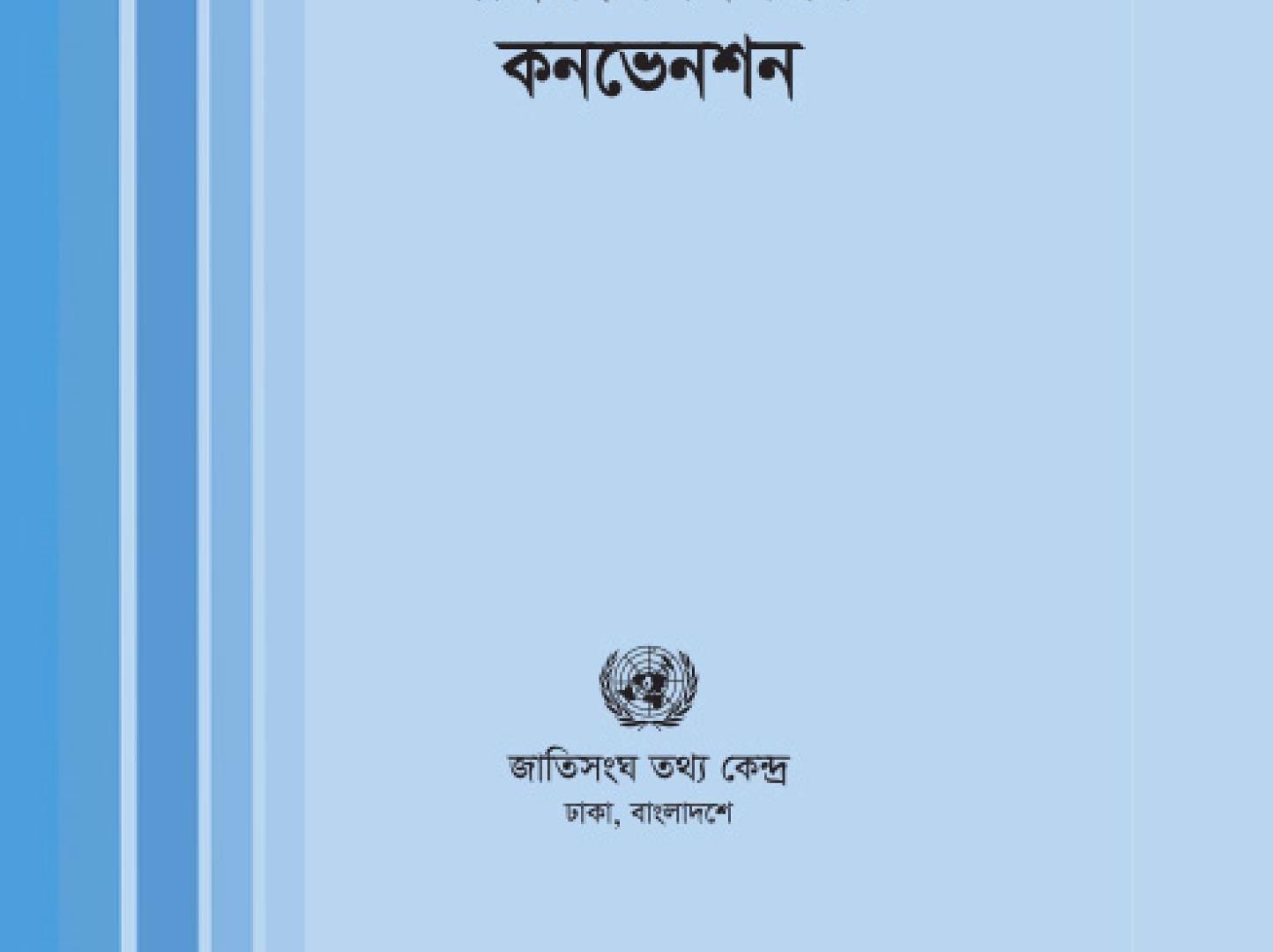Bangladesh’s graduation from the LDCs category: A call for collaboration on accelerated learning, continuous advocacy, and whole-of-society approach!

By Sharifa Khan, Secretary, Economic Relations Division, Ministry of Finance, Government of Bangladesh; and Gwyn Lewis the UN Resident Coordinator in Bangladesh
While Bangladesh, Lao PDR, and Nepal are three very different countries, they face the same uncertain world and are managing the consequence of the COVID-19 pandemic, the war in Ukraine, and escalating climate-related disasters. Despite their different socio-economic conditions, the three countries have also much to learn from each other. In partnership with the UN and regional experts, from 23 to 25 August, Government officials and representatives from private sector, academia, research institutes and civil society from Bangladesh, Lao PDR, and Nepal met in Bangkok, Thailand to discuss and exchange views on challenges, opportunities, and preparations for their countries’ graduation from least developed country or LDC status in 2026.
The event was organized by the United Nations to enable a South-South Exchange on Preparing Smooth Transition Strategies (STS) for LDC Graduation. This initiative is part of the UN Development System’s support to facilitate a smooth transition, and a sustainable and irreversible graduation.
Ms. Rabab Fatima, the High Representative of United Nations Office of the High Representative for the Least Developed Countries, Landlocked Developing Countries and Small Island Developing States (OHRLLS), and a former Ambassador of Bangladesh, opened the meeting by recognizing the compounded impact of multiple crises on graduating LDCs and promoting support from the United Nations to lessen the burden on each government’s capacity to catalyze sustainable progress. Building on her message and underlining the importance of more effective support, we have heard from the Committee for Development Policy on how this first-ever country-led collaboration between Governments, private sector, and civil society could be a good practice for other graduating LDCs to emulate.
Over the course of three days, the Bangladesh delegation, together with Lao PDR and Nepal, had a frank exchange of views and mutual learning on a broad range of topics, including trade, finance, inclusive human development, climate action, and compliance requirements for labour, environmental, and governance standards to ensure sustainable economic growth. The exchange also offered opportunities for the three countries to hold in-depth discussions with the experts from the UN Development System, multilateral organizations, and peer countries from the region including the Republic of Korea and Vietnam – two countries that demonstrate successful development pathways, to better understand how to develop and what actions to promote in the STSs to ensure a sustainable and irreversible LDC graduation.
The exchange highlighted the need to formulate an inclusive, country-driven, country-tailored, transition strategy that responds to national development needs and priorities. The ongoing impact of COVID-19 and the more recent global crisis on fuel, food, fertilizer, and finance has underlined the importance of a practical, flexible, and adaptable approach.
Participants emphasized safeguarding investment in human capital as a precondition for the sustainability of graduation. Training of young people in skills that will equip them to work in technology, and innovation will provide opportunities and the engine Bangladesh needs to continue the journey of successful economic growth.
Even amid severely constrained fiscal space, investment is needed in social sectors, particularly in health and education, and the expansion of a resilient social safety net scheme to ensure high-quality human resources as the labour force expands were considered key drivers for sustainable and inclusive economic growth. To that end, ongoing global efforts to put forward necessary framework to mobilize and align public and private finance for the implementation of national development priorities, were noted by all three countries.
On trade-related issues, the importance of coordination across line ministries and enhancing the engagement of the private sector in the graduation process, was also underscored. Participants discussed approaches to mainstreaming climate action and environmental protection, including through disaster risk reduction, into the STS to ensure the flow of green, sustainable, and high-quality foreign direct investments. The Bangladesh delegation clearly flagged needs for more technical and financial assistance to facilitate access to climate financing to accelerate the transition to climate-resilient development.
The Bangladesh delegation highlighted key priorities including continuation of preferential market access, TRIPS waiver, support towards a better domestic resource mobilization regime following rationalization of tariffs and para tariffs structures after graduation, identification of WTO consistent measures to retain the country’s business competitiveness, exploring potentials of different bilateral and multilateral trade negotiations, and importance of fair price and ethical buying practices. Drawing from the rich discussions on common challenges and opportunities through-out the exchange, the Bangladesh delegation suggested that the three countries strengthen their collaborative advocacy efforts and commit to using the momentum of graduation to lead policies and strategies for accelerated development progress and leaving no one behind.
The exchange highlighted a very important point - the STS is a key priority for the Government of Bangladesh, and it will determine the country’s development trajectory going forward. Hence, the STS needs to embody the country’s key development imperatives of leaving no one behind. It should be instrumental in initiating necessary internal reforms for a green, competitive, and sustainable Bangladesh. The Government, along with the private sector and civil society, is committed to clearly identify the country requirements for this transition, and to address those in collaboration with the global and local development and trade partners with the support of the UN development system in Bangladesh.
Several next steps have been identified – and the Government of Bangladesh supported by the UN is ready to get to work!
Financial Express published the op-ed








